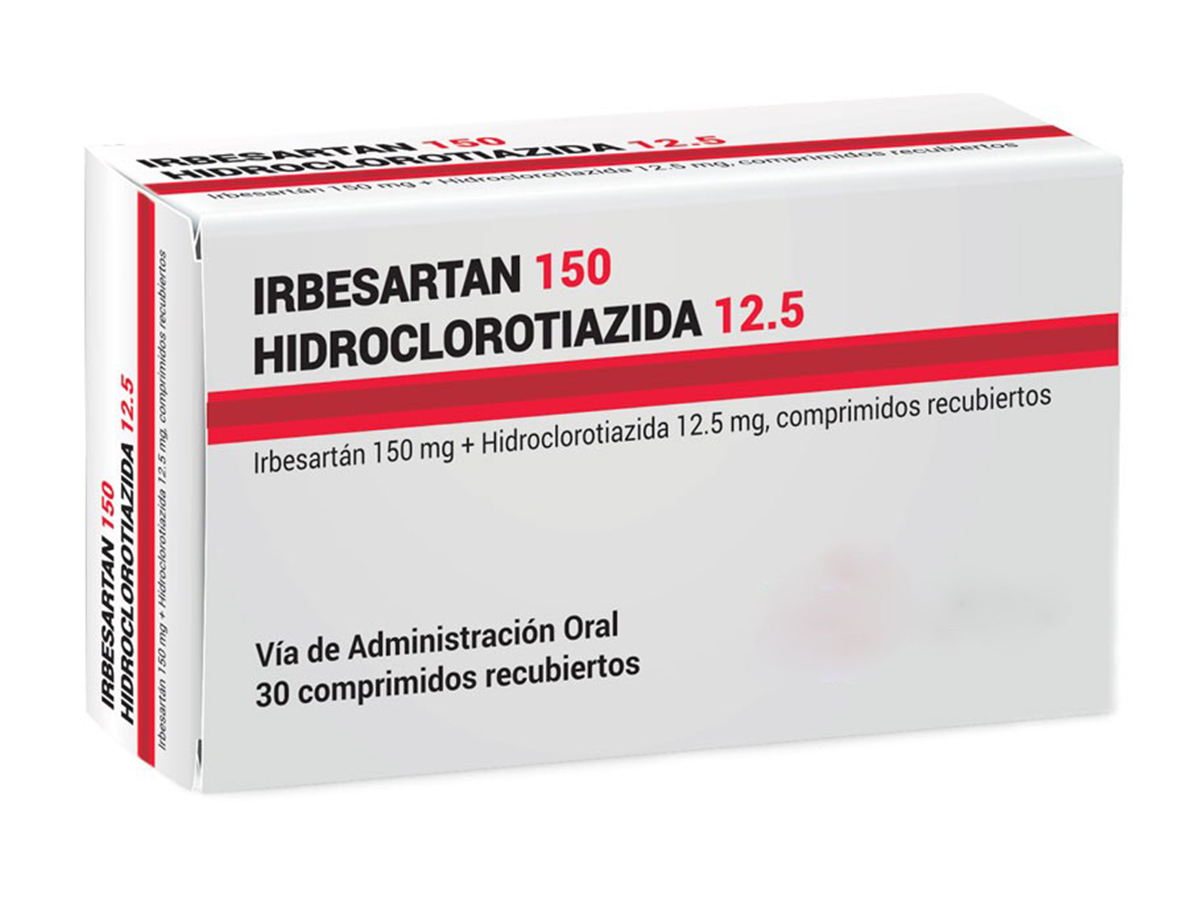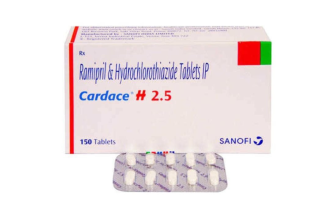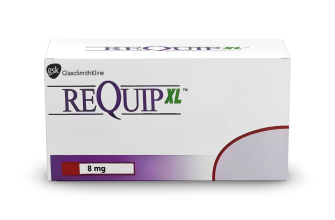Need to manage your hypertension? Consider Irbesartan/Hydrochlorothiazide. This combination medication effectively lowers blood pressure by targeting two different mechanisms. Irbesartan blocks angiotensin II, a hormone that constricts blood vessels, while hydrochlorothiazide increases urine output, reducing blood volume.
This dual action often provides superior blood pressure control compared to using either drug alone. Studies show consistent reductions in systolic and diastolic blood pressure, leading to improved cardiovascular outcomes. Remember to discuss this medication with your doctor; they can assess your individual needs and determine the appropriate dosage.
Important Note: Irbesartan/Hydrochlorothiazide is not suitable for everyone. Potential side effects include dizziness, lightheadedness, and dehydration. Inform your physician about any existing health conditions, allergies, or medications you are currently taking. Regular monitoring of your blood pressure and kidney function is necessary to ensure safe and effective treatment.
While this combination provides a potent approach to hypertension management, individual responses vary. Your doctor will tailor the treatment plan based on your specific health profile and response to the medication. Regular check-ups are vital for optimal management of your hypertension.
- Irbesartan with Hydrochlorothiazide: A Detailed Guide
- Understanding the Components
- Dosage and Administration
- Potential Side Effects
- Precautions and Interactions
- Monitoring Your Progress
- Missed Dose
- Understanding the Combination: How Irbesartan and Hydrochlorothiazide Work Together
- Irbesartan’s Mechanism
- Hydrochlorothiazide’s Mechanism
- Common Uses and Patient Selection: Who Benefits Most from this Combination Therapy?
- Identifying Ideal Candidates
- Considerations for Patient Selection
- Potential Side Effects and Precautions: Understanding Risks and Managing Them
- Common Side Effects
- Less Common but Serious Side Effects
- Precautions
- Dosage and Administration: Getting the Most from Your Prescription
Irbesartan with Hydrochlorothiazide: A Detailed Guide
Irbesartan and hydrochlorothiazide combination therapy effectively manages high blood pressure. This detailed guide provides key information for understanding and using this medication.
Understanding the Components
Irbesartan is an angiotensin II receptor blocker (ARB). It lowers blood pressure by relaxing blood vessels. Hydrochlorothiazide is a thiazide diuretic; it increases urine production, reducing blood volume and pressure. Together, they offer a synergistic effect, often achieving better blood pressure control than either drug alone.
Dosage and Administration
Your doctor will determine the appropriate dosage based on your individual needs and health status. Typically, it’s taken once daily with or without food. Regular intake is critical for consistent blood pressure control. Never adjust your dosage without consulting your physician.
Potential Side Effects
Common side effects include dizziness, lightheadedness, and fatigue. Less frequent but more serious side effects might include kidney problems, low blood pressure (hypotension), and hyperkalemia (high potassium levels). Report any unusual symptoms to your doctor immediately.
Precautions and Interactions
Inform your doctor about all medications you are currently taking, including over-the-counter drugs and supplements. Certain medications can interact negatively with irbesartan/hydrochlorothiazide. Pregnant or breastfeeding individuals should consult their doctor before using this medication. Individuals with kidney or liver problems may require dosage adjustments.
Monitoring Your Progress
Regular blood pressure checks are vital to monitor the effectiveness of the treatment. Your doctor will schedule these appointments to assess your response and make necessary adjustments. Maintain a healthy lifestyle, including diet and exercise, to support optimal blood pressure control.
Missed Dose
If you miss a dose, take it as soon as you remember, unless it’s almost time for your next dose. Avoid doubling up on doses to compensate for a missed one. Consistent daily intake is paramount for optimal results.
Understanding the Combination: How Irbesartan and Hydrochlorothiazide Work Together
Irbesartan and hydrochlorothiazide work synergistically to lower blood pressure. Irbesartan, an angiotensin II receptor blocker (ARB), blocks the hormone angiotensin II, preventing blood vessel constriction and reducing pressure. Hydrochlorothiazide, a thiazide diuretic, increases urine production, lowering blood volume and subsequently blood pressure.
Irbesartan’s Mechanism
- Angiotensin II normally causes blood vessels to narrow (vasoconstriction).
- Irbesartan prevents angiotensin II from binding to its receptors, blocking this vasoconstriction.
- This leads to vasodilation (widening of blood vessels) and reduced peripheral resistance.
Hydrochlorothiazide’s Mechanism
- Hydrochlorothiazide acts on the kidneys, increasing sodium and water excretion.
- This reduces blood volume, contributing to lower blood pressure.
- The diuretic effect also helps to relax blood vessels further, enhancing the effect of Irbesartan.
Combining these medications provides a more potent and often more effective blood pressure reduction than either drug alone. This combination addresses blood pressure from two different angles: reducing vascular resistance and decreasing blood volume. The result is improved blood pressure control for many patients.
- Irbesartan lowers blood pressure by relaxing blood vessels.
- Hydrochlorothiazide lowers blood pressure by reducing blood volume.
- Together, they offer a powerful combination for better blood pressure control.
Remember to always follow your doctor’s instructions regarding dosage and potential side effects. This information is for educational purposes and should not replace professional medical advice.
Common Uses and Patient Selection: Who Benefits Most from this Combination Therapy?
Irbesartan/hydrochlorothiazide is primarily prescribed for managing hypertension (high blood pressure). Patients with hypertension who haven’t achieved adequate blood pressure control with irbesartan alone frequently benefit from this combination therapy. The hydrochlorothiazide component adds a diuretic effect, enhancing blood pressure lowering.
Identifying Ideal Candidates
This combination works best for patients whose hypertension requires a more aggressive approach. This includes individuals whose blood pressure remains elevated despite monotherapy with irbesartan or other similar medications. Specifically, those with stage 1 or 2 hypertension (systolic blood pressure consistently above 140 mmHg or diastolic above 90 mmHg) often see significant improvement with this combined approach. Furthermore, patients with co-existing conditions like diabetes or chronic kidney disease may find this dual action particularly helpful in managing their overall health. Age, race, and individual metabolic factors also influence treatment success. Consult your physician for personalized recommendations.
Considerations for Patient Selection
Careful consideration should be given to potential side effects. Patients with a history of hyperkalemia, gout, or sulfa allergy should be monitored closely. Regular blood tests monitoring potassium levels and kidney function are generally recommended. Precise dosage adjustments are crucial for optimal efficacy and minimizing adverse events. Your doctor will develop a personalized plan accounting for your unique health profile.
Potential Side Effects and Precautions: Understanding Risks and Managing Them
Monitor your blood pressure regularly, as instructed by your doctor. Report any significant changes immediately.
Irbesartan and hydrochlorothiazide can cause dizziness and lightheadedness, particularly when starting treatment or increasing the dosage. Rise slowly from a sitting or lying position to minimize this risk. Avoid driving or operating machinery until you know how this medication affects you.
Common Side Effects
Expect mild side effects like headache, fatigue, or nausea. These typically lessen as your body adjusts. However, persistent or worsening symptoms require medical attention.
Less Common but Serious Side Effects
Contact your doctor immediately if you experience swelling in your face, lips, or tongue (angioedema), a sign of a severe allergic reaction. Also report persistent cough, muscle pain, unusual tiredness, or changes in your urine output. These could indicate kidney problems or other complications.
Remember to inform your doctor about all medications you are taking, including over-the-counter drugs and supplements, to avoid potential interactions. Proper hydration is crucial; drink plenty of fluids while taking this combination therapy.
Precautions
Avoid excessive alcohol consumption as it can worsen side effects. Regularly check your potassium levels as hydrochlorothiazide can affect potassium balance. Your doctor will guide you on necessary tests.
If you are pregnant, planning pregnancy, or breastfeeding, discuss the risks and benefits of this medication with your doctor. Irbesartan is generally not recommended during pregnancy.
Dosage and Administration: Getting the Most from Your Prescription
Always follow your doctor’s instructions precisely. Your prescribed dose of Irbesartan/Hydrochlorothiazide will depend on your specific health condition and response to treatment. Typical starting doses vary but are usually adjusted gradually.
This medication is usually taken once daily, preferably at the same time each day. Take it with or without food. Drinking plenty of water throughout the day is beneficial while taking this medication, as it helps flush out excess fluids.
Here’s a table summarizing typical dosage ranges:
| Irbesartan (mg) | Hydrochlorothiazide (mg) | Notes |
|---|---|---|
| 75-300 | 12.5-25 | This is a common range; your doctor may start with a lower dose and adjust as needed. |
| – | – | Your doctor will tailor the dosage to your individual needs. |
Missed Dose: If you miss a dose, take it as soon as you remember unless it’s almost time for your next dose. Never double up on doses. Contact your doctor if you consistently forget doses.
Stopping Treatment: Never stop taking this medication suddenly without consulting your doctor. Stopping abruptly may worsen your condition. Your doctor will help you gradually reduce your dose if necessary.
Storage: Store your medication at room temperature, away from moisture and direct sunlight. Keep it out of the reach of children and pets.
Side effects: Common side effects include dizziness, lightheadedness, and fatigue. These usually improve over time, but if persistent or severe, contact your doctor. A complete list of potential side effects is available in your medication leaflet. Report any concerning symptoms immediately.
Regular check-ups with your doctor are important to monitor your blood pressure and assess your response to the medication. This will help ensure your treatment remains effective and safe.






